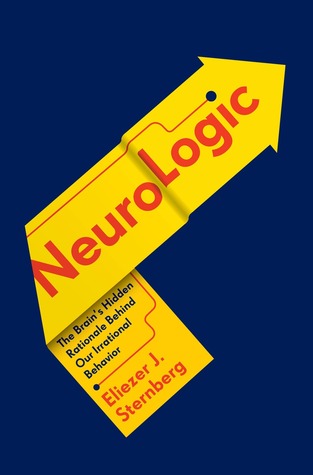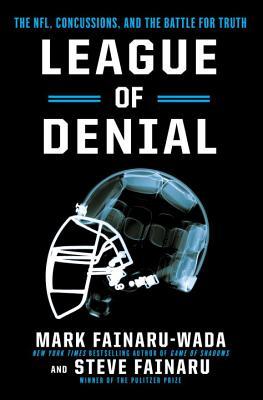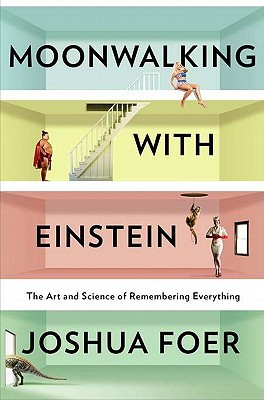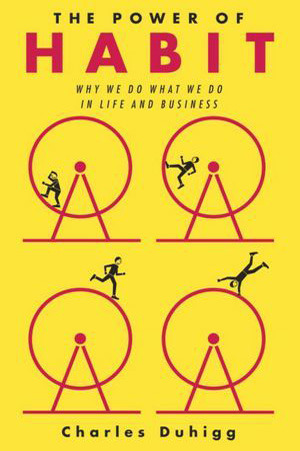You all might know I love brain books. How the thing works; how the thing doesn't work when it gets damaged or old; what can be done to make the thing work better, and so on. For example, some favorite recent reads include:



In this season of New Year's Resolutions, I was particularly interested in how we form habits. After all, the only hope we have of keeping a resolution to eat better or exercise more is to make it habitual, rather than an act of willpower. Willpower falters sooner or later, and when it does, things tend to come down with a crash. We not only put the weight back on, but we add more. We not only skip the gym, but we decide to binge-watch a TV show while we lounge on the couch eating ice cream. We need the power of habit on our side. If we automate the good choices, they require no effort and are much more likely to happen. A book I read some years ago claimed we go through 40% of our daily activities on autopilot! That's a lot of the day. So why not use it to our advantage?

Stanford tweeted out this interesting article on exactly this question: how do we form new habits and use this technique to make the habits beneficial ones? It turns out the answer is baby steps. Or "tiny habits," to use their phrase.
And lo, anyone could participate in a five-day-long tiny-habit training for free! i joined immediately, participated last week, and am now reporting back on my findings.
It works like this:
- You pick something you already do habitually, and tack on a TINY habit at the end. They give the example of: "After I brush my teeth, I will floss ONE tooth."
- When you have completed the tiny habit, you mini-celebrate, so that it gains a positive association in your brain.
- You practice a few times in a row before the five-day session begins, and then you just do it when it naturally occurs during the five days.
During the session, you get a daily email checking on your progress, and you can watch videos on Facebook and ask questions with a coach. They ask that you attempt three tiny habits in your sessions. The general theory is that, once you know how to create a helpful mini habit, it will lead into better behaviors and enable you to add other good habits incrementally.
So I picked:
- After putting breakfast dishes in dishwasher, I will wipe one surface. (Promote cleanliness.)
- After taking off my shoes when I come home, I will go up the stairs and back down. (Promote exercise.)
- After getting into bed at night, I will thank God for one thing that happened that day. (Promote spiritual growth and attitude of gratitude.)
For the mini-celebrations afterward, I totally forgot to celebrate wiping a surface (and that habit was the most frequently forgotten), but I did "Felix" after going up the stairs and back down--

and that habit stuck! Sometimes I found myself leaving my shoes on longer because I knew I couldn't run upstairs right away and didn't want to get out of the habit of doing those two activities back-to-back. I also forgot to celebrate my last tiny habit after getting in bed but found this was an easier habit to remember because there isn't a heck of a lot going on the second you crawl under the cold sheets.
Did I get cleaner? Well, I wiped a few surfaces and also made the bed twice. Did I get more active? Apart from going up and down the stairs when required, no. Did I get more spiritual and grateful? Actually, I'd say I found it was a great way to end the day. And I'm still continuing the habits this week, so the experiment was an overall partial success. Certainly worth doing again and adding in another tiny helpful habit or two.
So if your New Year's Resolutions have already gone by the wayside, don't give up! Just start smaller. Sign up for a Tiny Habits session and see what happens. And feel free to "Felix" if you find something to celebrate.




